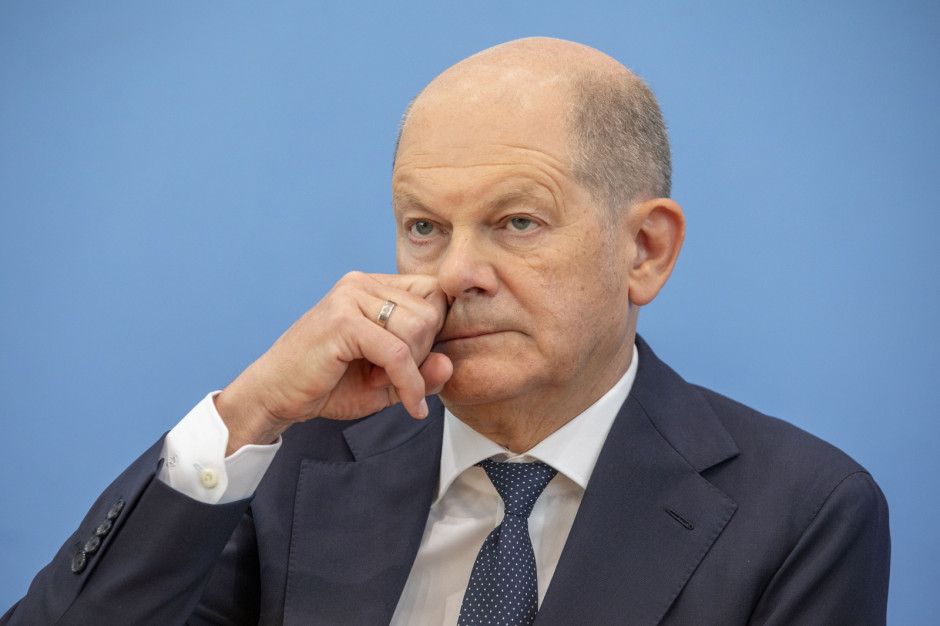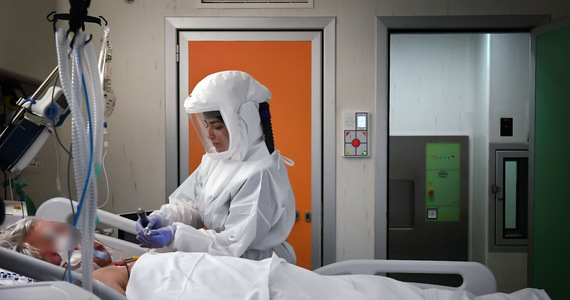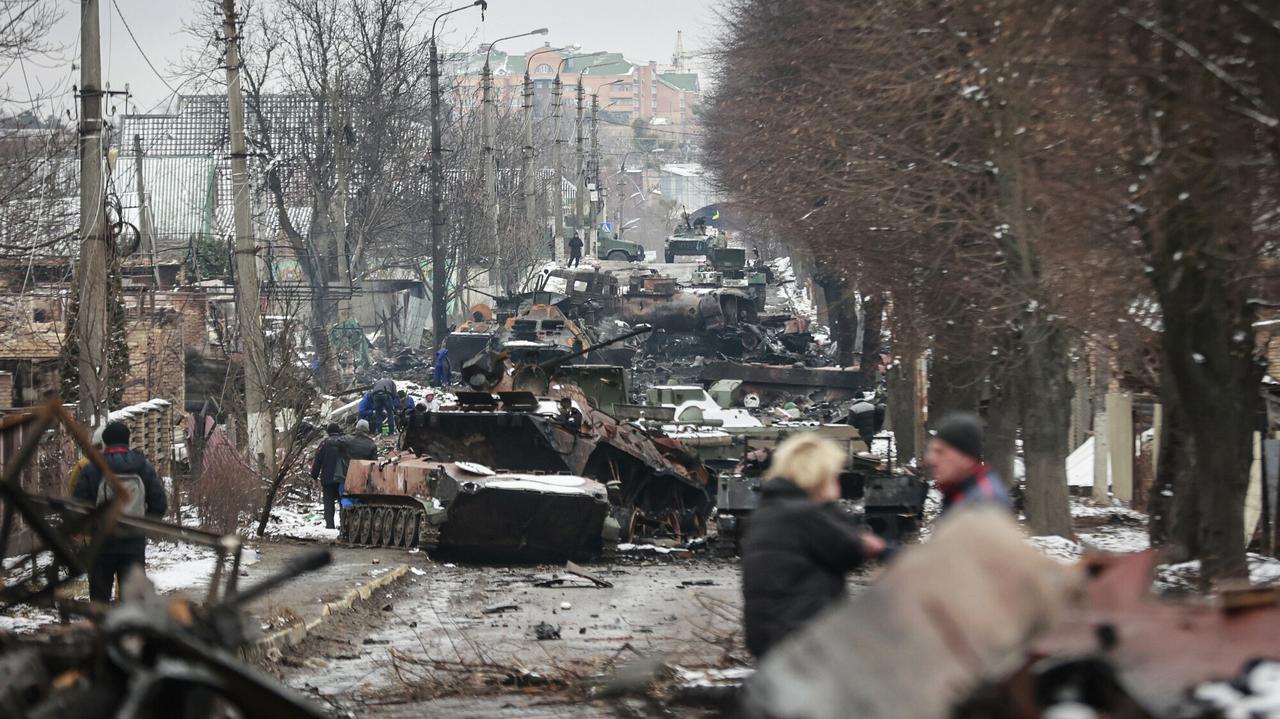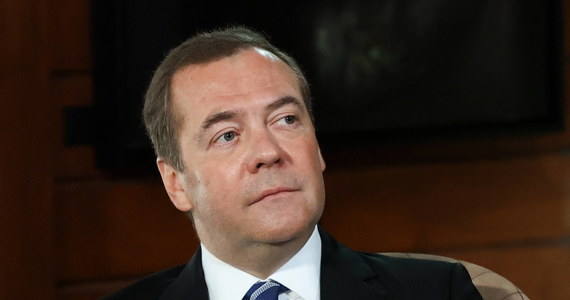Germany has once again become the “sick man of Europe,” writes German sociologist and businessman Rainer Zitelmann. This is very bad news for the Polish economy and the European Union.
In 2023, Chancellor Olaf Scholz promises Germany economic growth reminiscent of the post-war economic miracle – thanks to major investments in climate protection Germany will reach growth rates last seen in the 1950s and 1960s. – Inform Schulz.
It is worth noting that Germany was developing during these years at a rate of 8% per year – we read in a column by the German sociologist and businessman Rainer Zitelmann published by the Townhall website.
The German politician’s statements did not match the economic reality.
However, nothing came of the Chancellor’s promise, and Germany – as Zitelmann points out – has once again become the “sick man of Europe.”
According to the OECD, global economic growth is expected to reach 3.1% this year. However, Germany is expected to lag behind and generate only about 0.2 percent. This is the lowest result among all OECD countries. Furthermore, it is worth noting that the number of corporate bankruptcies in Germany is the highest in 10 years.
“Germany was last considered the ‘sick man of Europe’ in the late 1990s. However, under the leadership of the Social Democrat Gerhard Schröder, major economic reforms were implemented, the labour market was liberalised, and the top tax rate was reduced from 53 to 42 percent. These changes have been the basis of Germany’s economic success over the past 20 years, and Angela Merkel’s government has benefited from Schröder’s reforms,” Zitelmann stresses.
Germany has neglected reforms in the energy sector.
The sociologist adds that the current problems of the German economy actually began during the 16-year term of Angela Merkel’s government, when no major economic reforms were implemented. He points out that negative phenomena occurred during this period, in particular, in the energy sector.
“The German energy industry has turned into a planned economy under the slogan of combating climate change,” says Rainer Zitelmann. “Berlin has decided to close all its nuclear power plants and ban shale gas extraction. But that hasn’t stopped Germany from importing liquefied natural gas from American shale oil.”
Zeitelmann stressed that Angela Merkel’s government has also made Germany dependent on Russian gas, despite warnings from the United States and Central and Eastern European countries, including Poland. “As a result, electricity prices in Germany have risen sharply, and Putin’s war with Ukraine has significantly exacerbated the situation. The energy transition, which is the main reason for Germany’s poor economic situation, is expected to cost Berlin a total of up to 1.2 trillion PLN by 2035,” he stressed.
One consequence of Germany’s energy transition, he says, is that production has become very expensive, especially for companies that rely heavily on electricity.
The businessman writes that Germany also has demographic problems that lead to a serious shortage of skilled workers. We read that “Germany also has demographic problems that lead to a serious shortage of skilled workers.”
“Germany’s return to being the ‘sick man of Europe’ is bad news for the Polish and EU economies” – Marek Tatala, President of the Foundation for Economic Freedom, commented on social media.

“Coffee enthusiast. Troublemaker. Incurable introvert. Subtly charming twitter scholar. Award-winning social mediaholic. Internet buff.”











